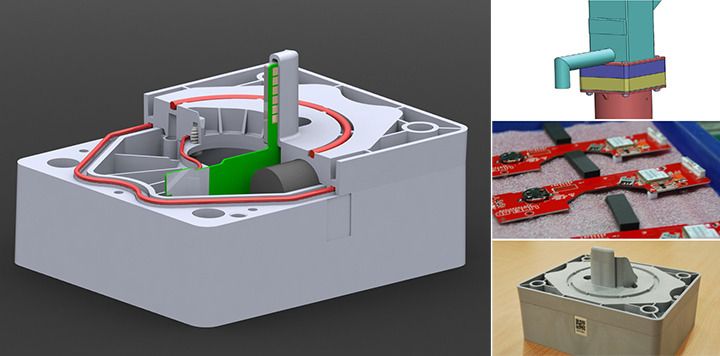There is a statistic that floats around the clean water conversation. "40% of all clean water projects are broken at any point in time". With that kind of failure rate, why would we invest in clean water projects?
It's a statistic that charity: water has rejected for their own water projects. A task that they've included in bringing clean water to others is to make sure their projects are sustainable. Sustainability can be broken into aspect of functionality and governance. Functionality is a logistical and technical challenge, while governance focuses on community and knowledge.
For the functional aspect, charity: water spent several years developing custom well monitors. These sensors are GPS enabled, run off a combination of battery and solar, last ten years, and give charity: water the information needed to be able to monitor well health from anywhere in the world. Here is an old blog post from when they had begun the development of these sensors.

With these sensors now installed on wells, a real-time network of water projects is consistently monitored for health and repairs. Wells that break down automatically notify local partners who travel to the well in order to enact repairs.
For the governance and community aspects, charity: water helps villages establish a group of individuals who manage aspects of the well such as taxing and usage. They usually collect a small fee from everyone at the village that uses the well. This money is used to pay the local partners that travel to repair the wells. Establishing a sustainable form of management for the wells is just as important as the actual repairs, as it creates ownership and the means for affording the repairs.
We can't solve the global water crisis without sustainability.
Want to watch some sweet youtube videos of me drinking things and talking about the global water crisis?